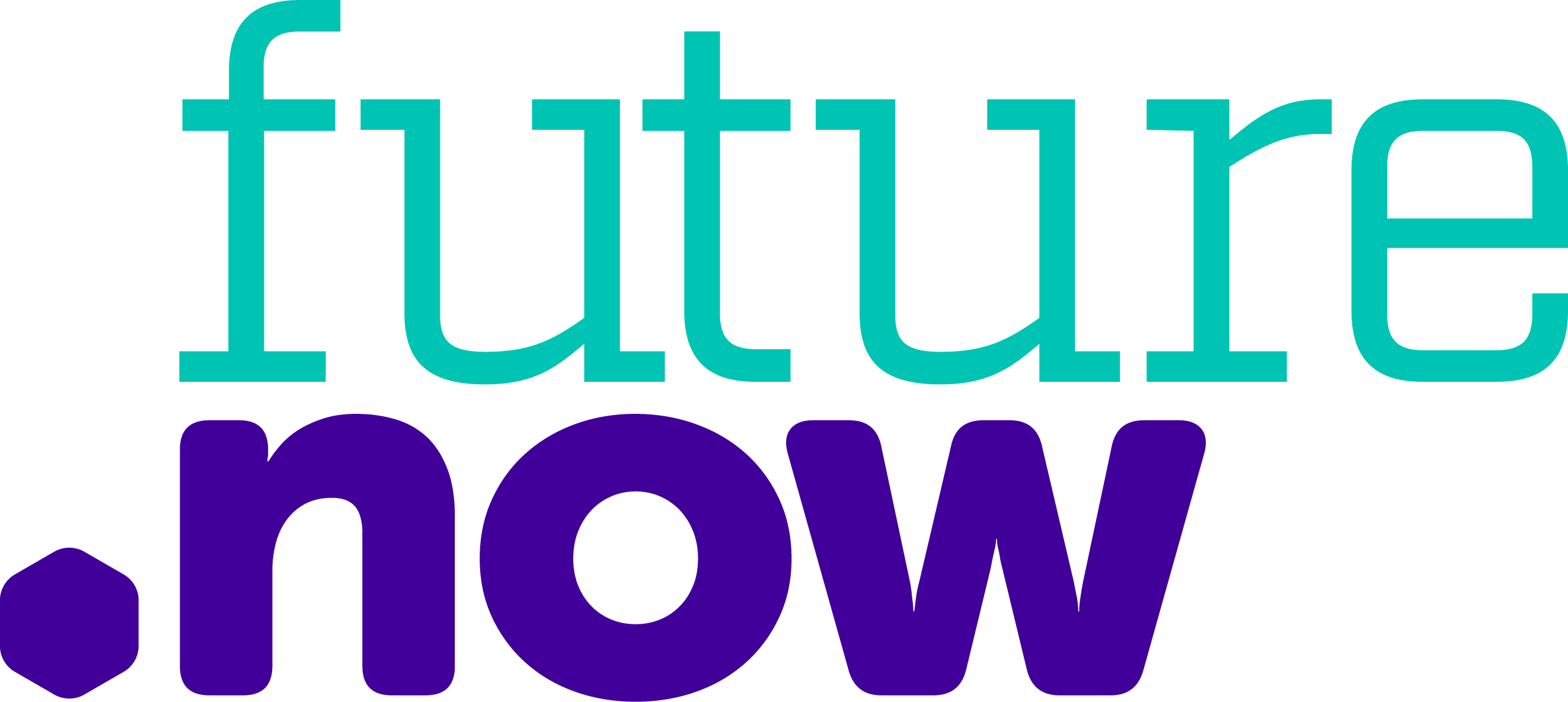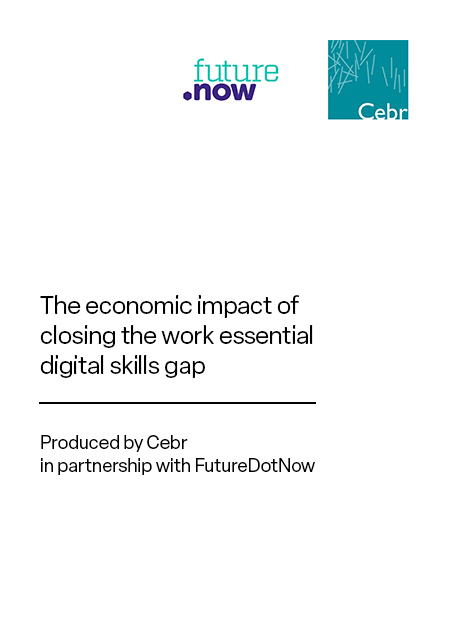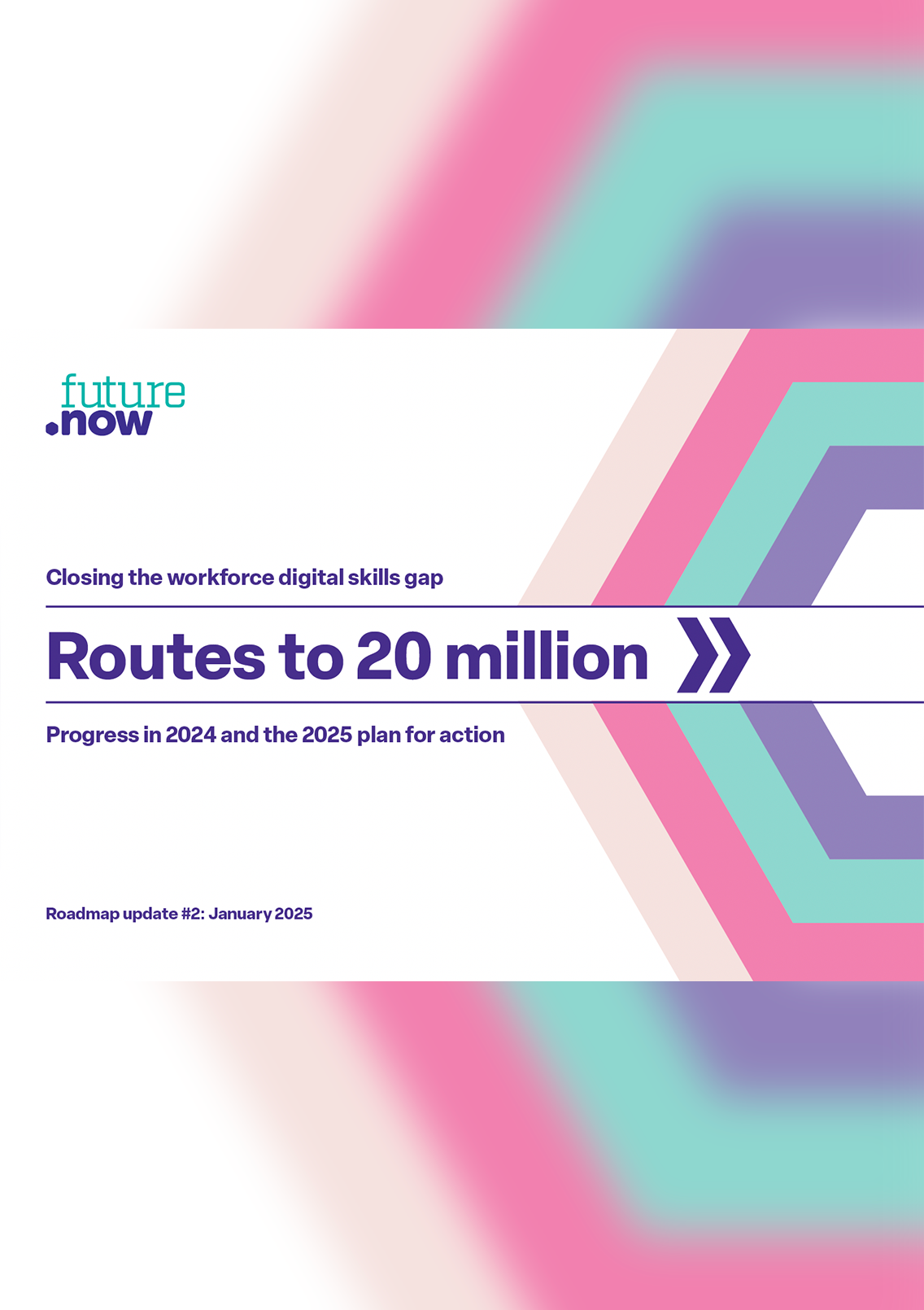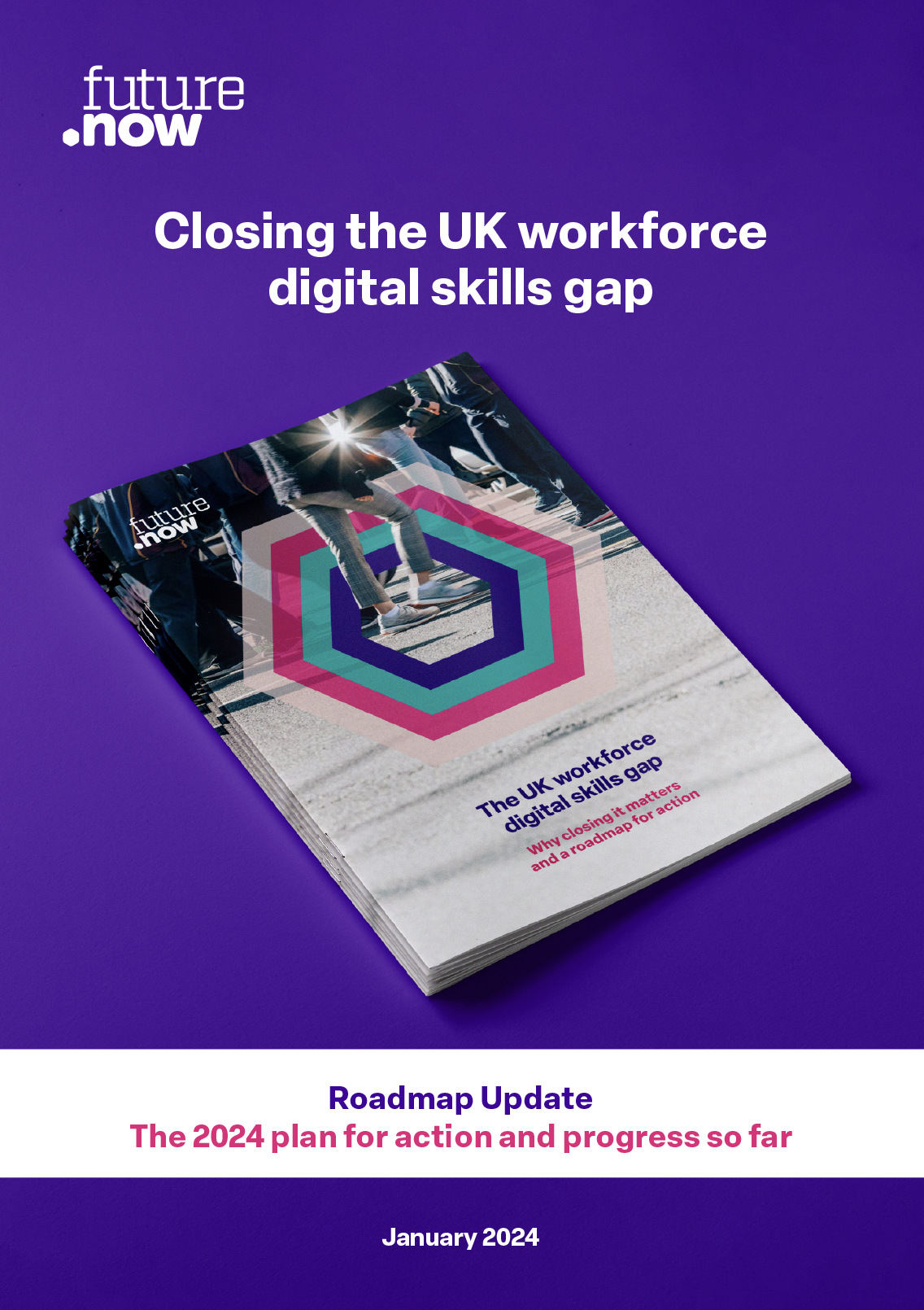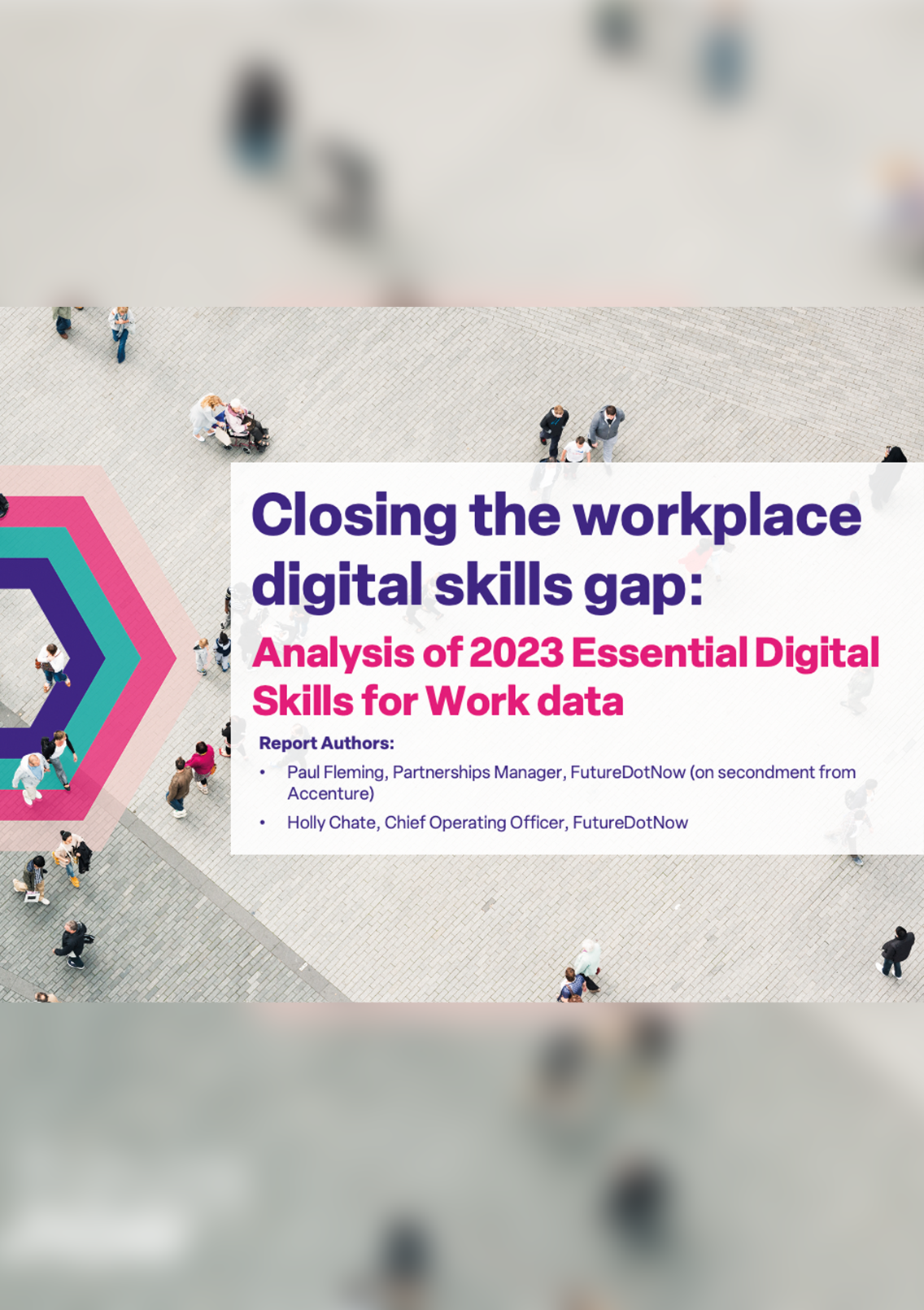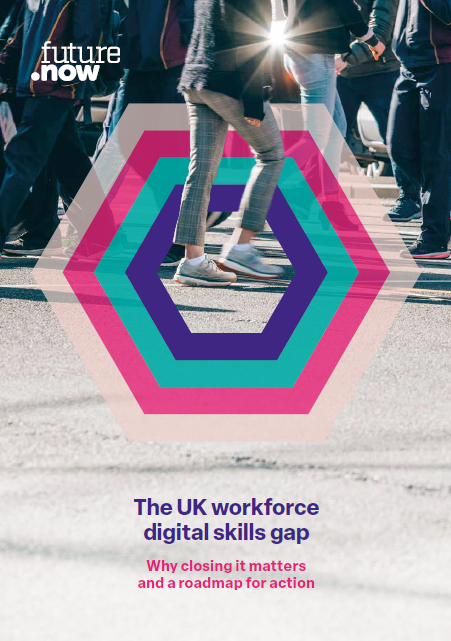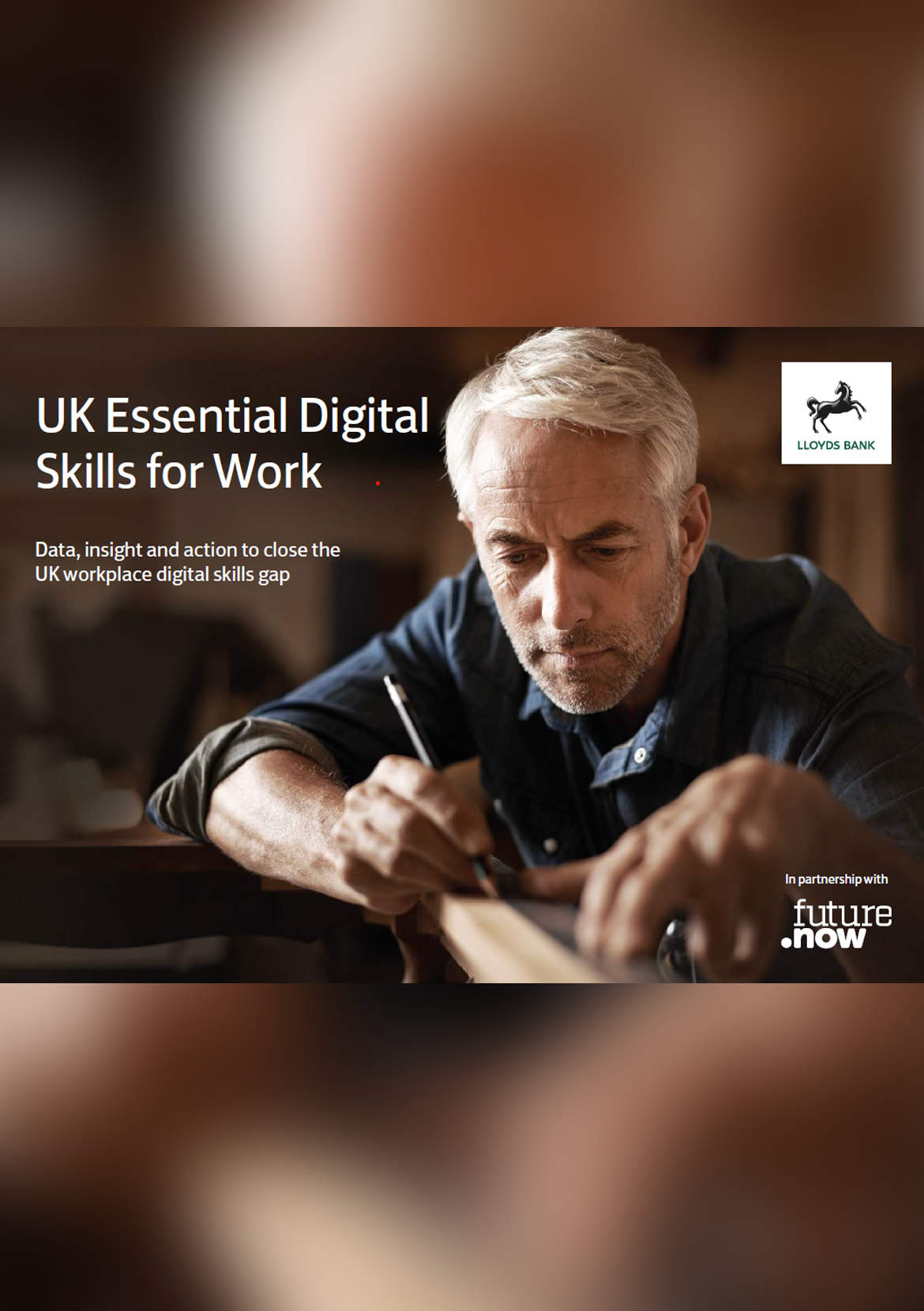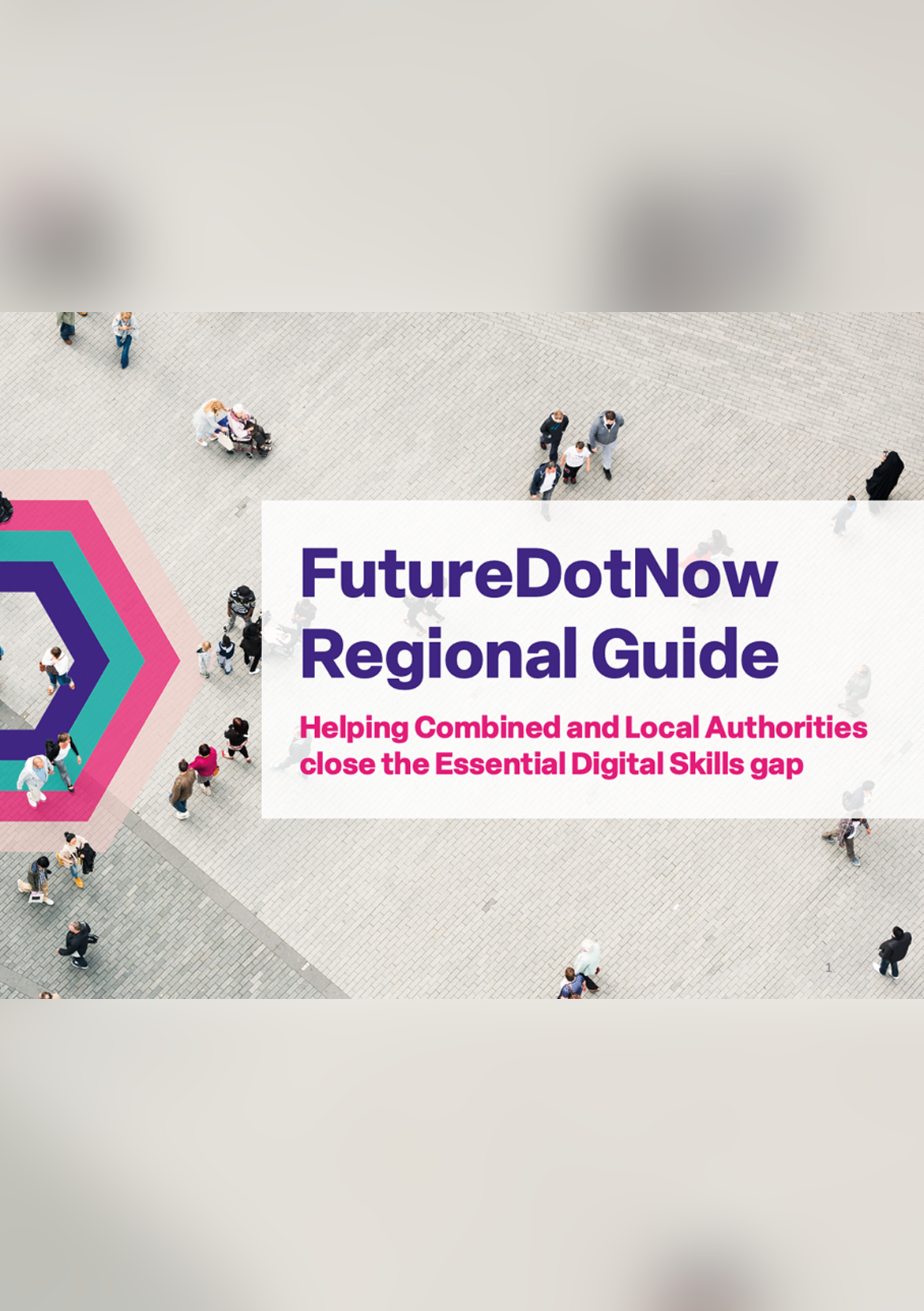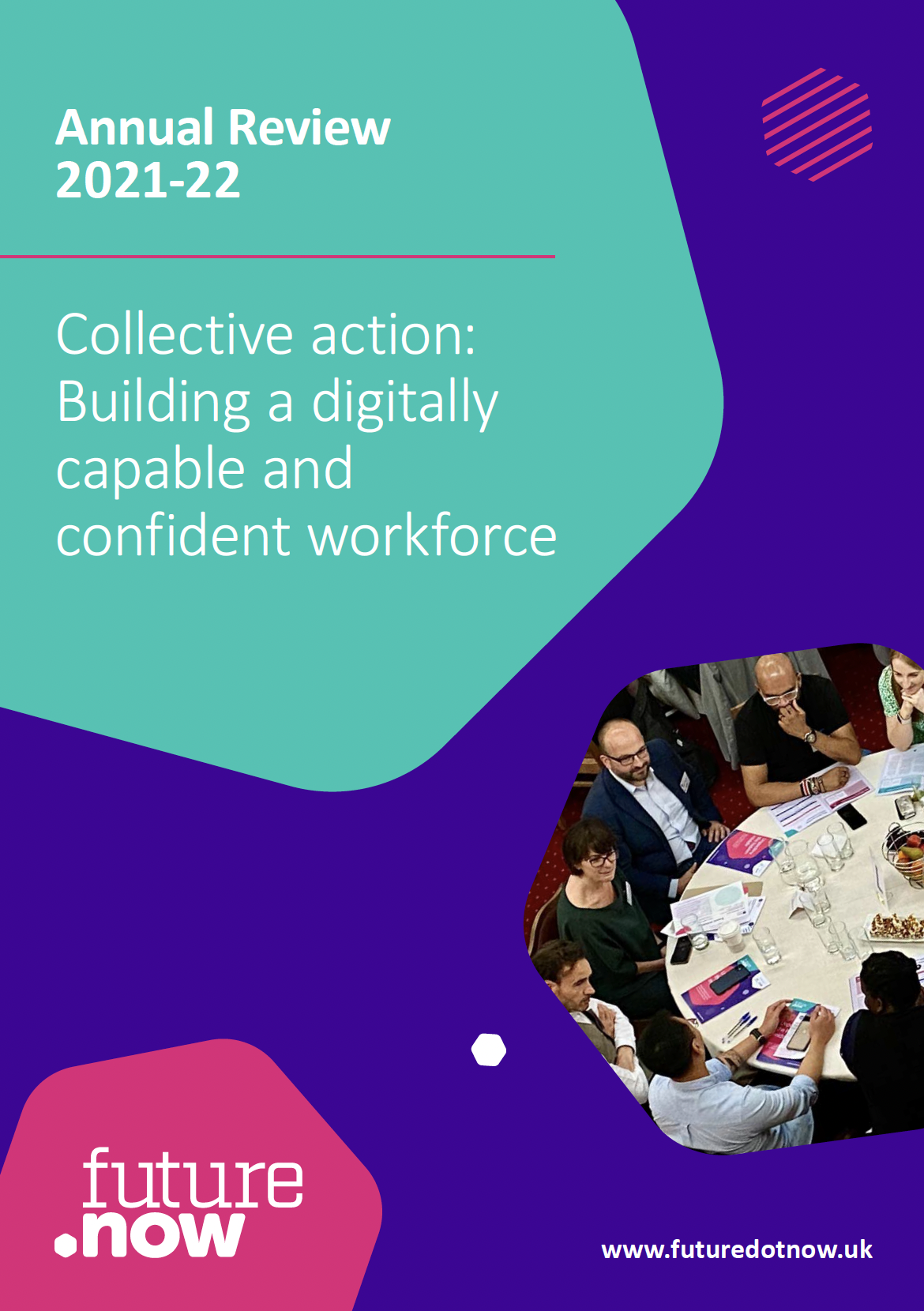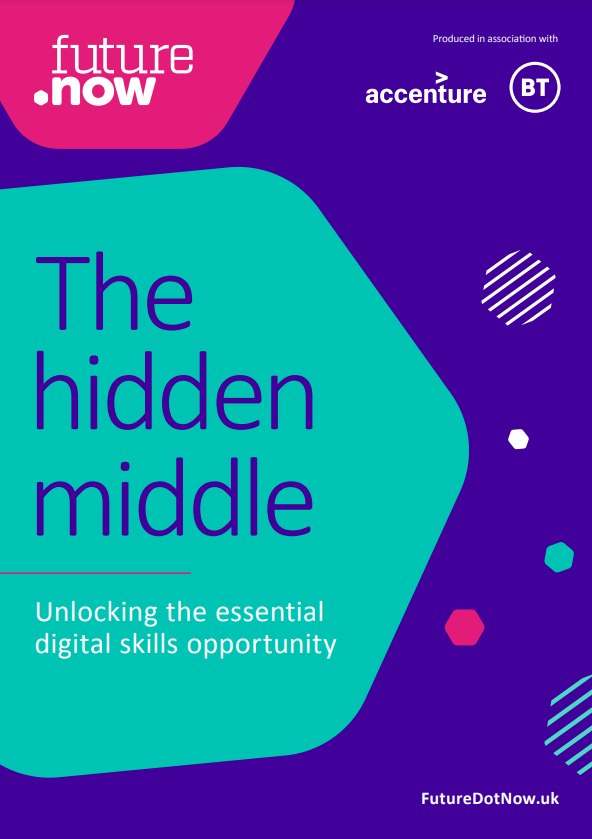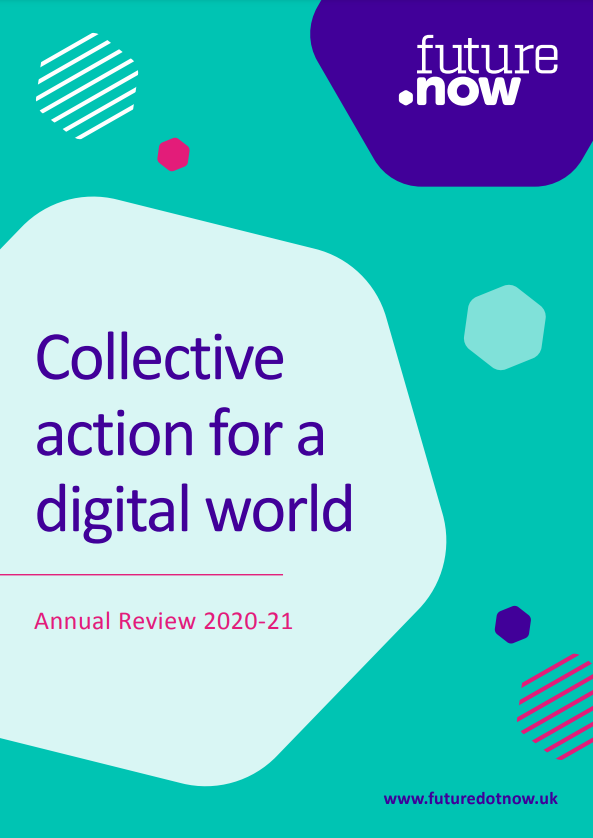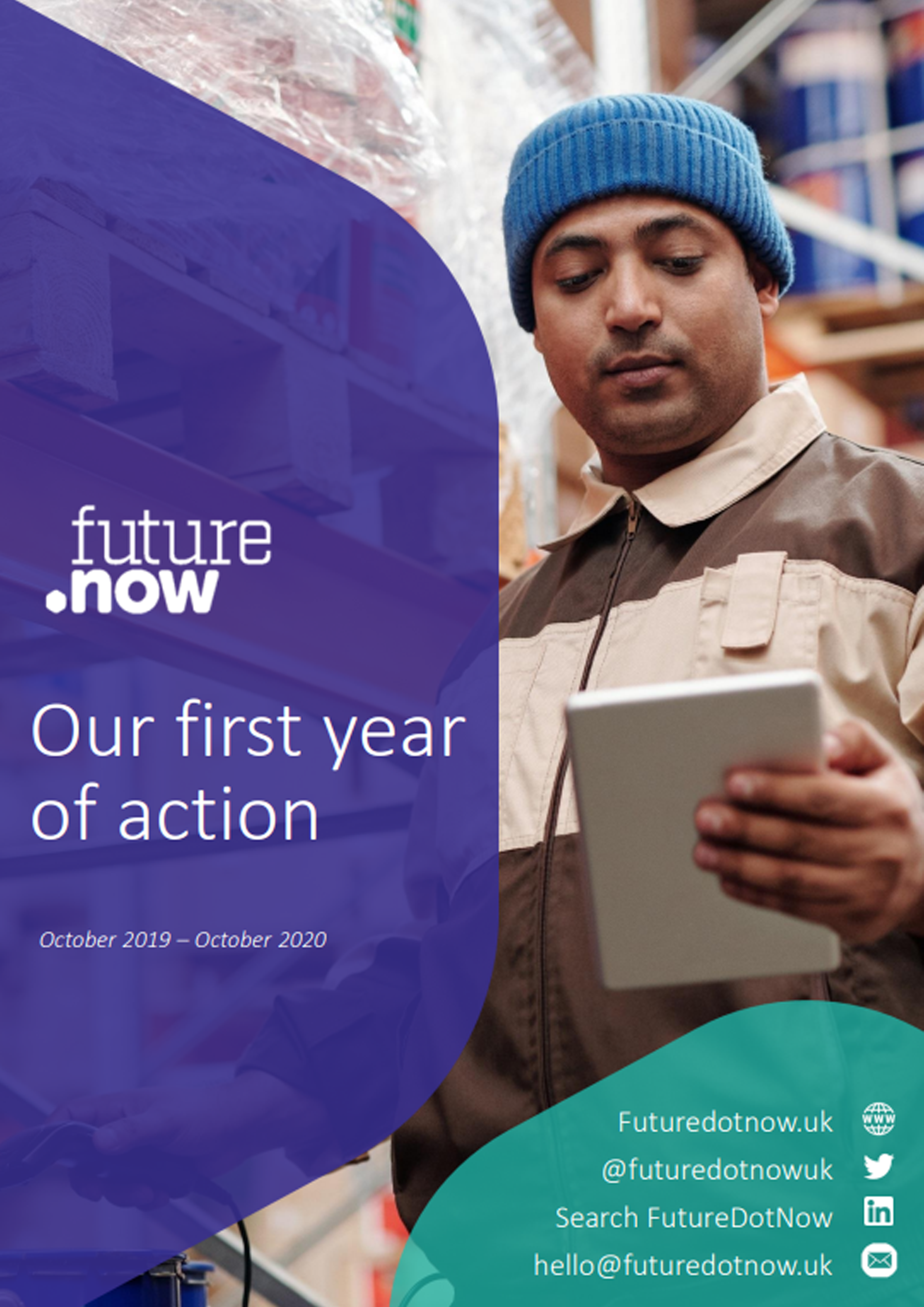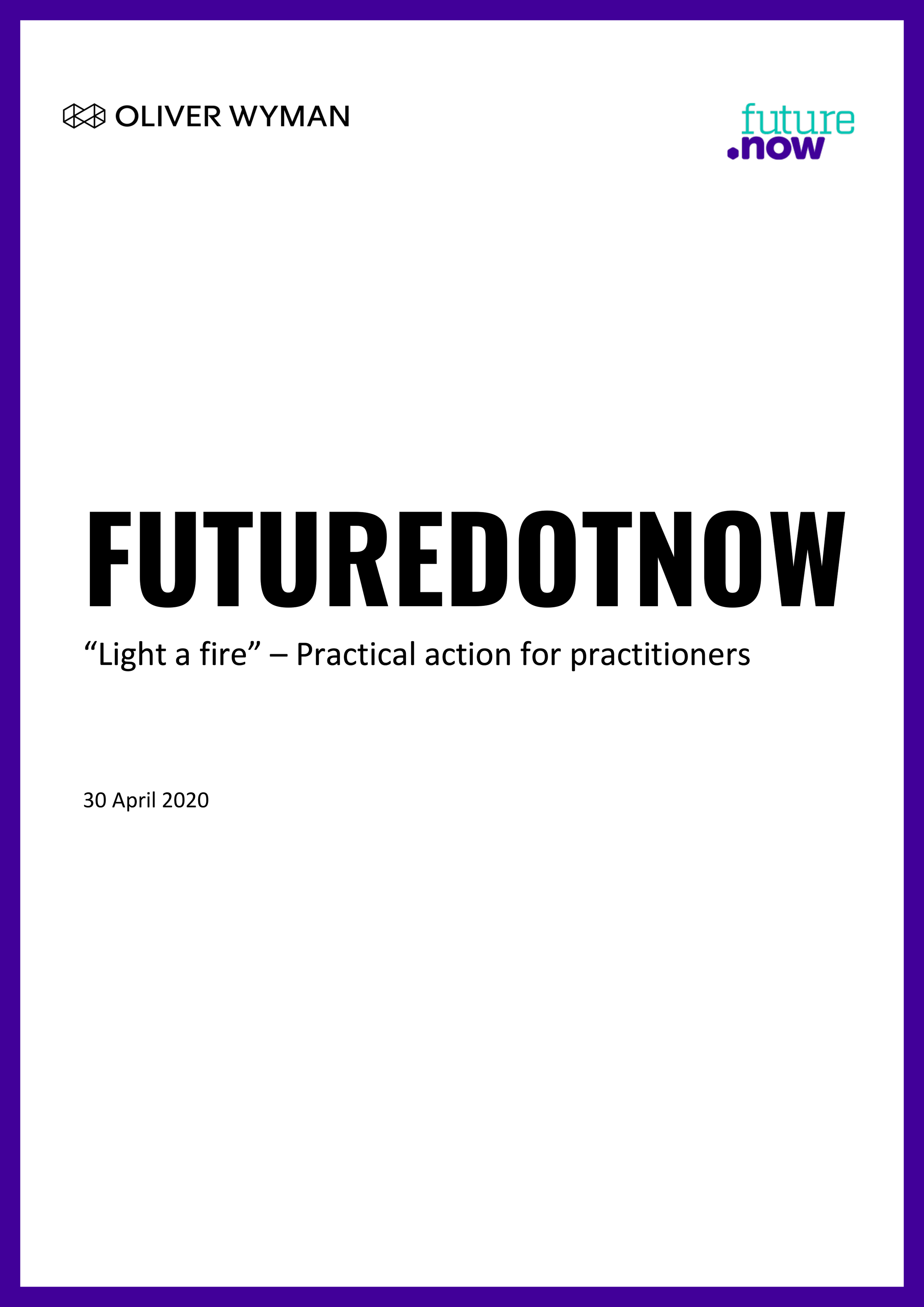Our research and reports bring together data on the scale of the digital skills gap, with evidence of the impact it has on individuals and businesses.
They also lay out the difference being made by the FutureDotNow coalition, and lay out clear actions that businesses can take to make a difference.
The economic impact of closing the work essential digital skills gap
‘The Economic Impact of Closing the Work Essential Digital Skills Gap’ is landmark report that sets out the fiscal gains to be made from powering up the UK workforce with essential digital skills.
This report sets out a clear potential boost to the UK economy, significant productivity benefits for industry, and – for individuals – a boost in both employment opportunities and personal prosperity.
Routes to 20 million: Progress in 2024 and the 2025 plan for action
‘Routes to 20 million: Progress in 2024 and the 2025 plan for action’ is FutureDotNow’s latest update on our mission to close the workforce digital skills gap.
It sets out the progress made by the FutureDotNow coalition in 2024 and the ambitious plans for 2025, to build routes to improving the workforce digital skills of 20 million working-age adults.
Sector specific data on the digital skills gap
We’ve identified the four digital tasks that are most missing in each sector.
With c.50% of workers without all 20 essential digital tasks still confident in at least 17, tackling just these fours tasks could have a significant impact on the workforce digital skills gap.
Workforce Digital Skills Summit keynote: Professor Simeon Yates
Simeon Yates, Professor of Digital Culture at the University of Liverpool joined us to record a video keynote speech tackling the question, ‘Workforce digital skills: a problem to solve or an opportunity to realise?’
Roadmap update: The 2024 plan for action and progress so far
An update on progress against the Digital Skills Roadmap including the plan for action in 2024 and details on the progress made in 2023.
Developed with key partners from across industry, government and civil society, it lays out priority activity and outcomes for the next 12 months.
Closing the workplace digital skills gap: Analysis of 2023 Essential Digital Skills for Work data
This report, created by FutureDotNow, is a deep dive into the Essential Digital Skills for Work data, first reported Lloyds Bank in the UK Consumer Digital Index 2023.
The UK workforce digital skills gap: Why closing it matters and a roadmap for action
A culmination of what FutureDotNow has learned, seen and done over the last four years, this roadmap details the best next steps for government, business and civil society to ensure everyone has the Essential Digital Skills needed for work.
Essential Digital Skills for Work report
Developed in partnership by FutureDotNow and Lloyds Bank, this report reveals the full scale of basic tech skills gap in the labour force and analysis on what it means for UK industry.
FutureDotNow Regional Guide
The FutureDotNow Regional Guide has been developed with expert partners in both Local and Combined Authorities to support local action on digital capability.
Unpacking the hidden middle
Produced by FutureDotNow in partnership with PwC and Lloyds Banking Group, Unpacking the hidden middle’ provides new analysis on the digital skills of c. 30.3 million working people.
Annual Review 2021-22
While millions are still without Essential Digital Skills for Work, here we look the progress we’re making, FutureDotNow’s key achievements and our plans for the future.
The Hidden Middle Report
The Essential Digital Skills gap is largely viewed as a social issue, but there is a vital business angle. Addressing this is fundamental to business recovery, productivity and prosperity.
Annual Review 2020-21
In our 2021-22 Annual Review, ‘Collective action for a digital world’, we look at post-pandemic data, and present a ‘state of the nation’ for workplace digital skills.
Annual Review 2019-20
After a dramatic first year of ativity, we produced our first Annual Review. It describes the actions and plans of a coalition of major UK organisations aiming to address the UK digital skills crisis.
Building Digital Motives
We tasked the Oliver Wyman team with finding out what is stopping people from taking advantage of available digital skills training and how we as a coalition can help to motivate them.
